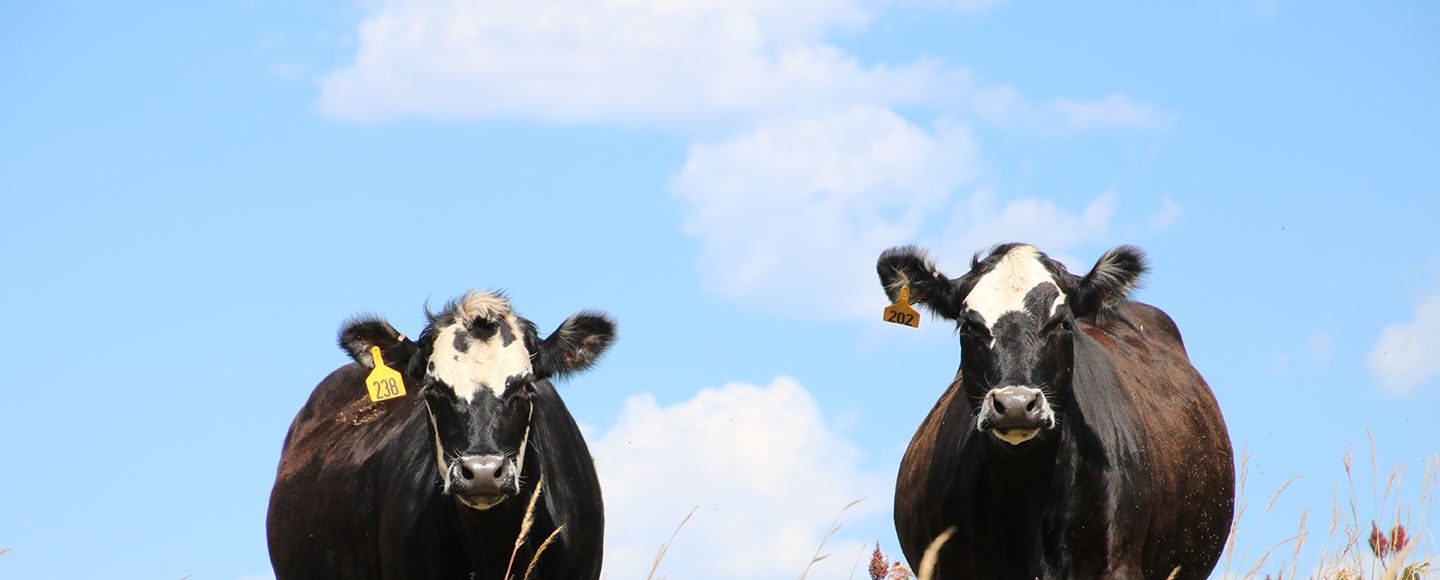
The Legislature reached first adjournment, which is the end of the regular session, early Saturday morning. Legislators will reconvene April 25 for the veto session.
Prohibiting eminent domain for solar developments - The conference committee report for SB 455 passed the Senate 36-0 and the House 121-0. The KLA-supported bill, which contains the language originally in SB 457, would prohibit public utilities from exercising eminent domain for the siting or placement of solar facilities. It also would add solar to the existing prohibition for the siting and placement of wind turbines and facilities. The bill awaits further action by Gov. Laura Kelly.
Comprehensive tax plan - The conference committee report for HB 2036 passed the Senate 24-9 and the House 119-0. This comprehensive bill is the latest effort to provide both income and property tax relief. It reduces the statewide school mill levy from 20 mills to 19.5 mills. Additional property tax relief for homeowners was included by increasing the residential exemption from the statewide mill levy from $42,094 to $100,000. HB 2036 also eliminates the lowest income tax bracket and moves the state to a two-bracket system, with rates at 5.55% and 5.15%. The bill includes a 3% increase in the standard deduction and raises personal exemptions from $2,250 per person to $9,160 for single filers and $18,320 for joint filers. The exemption would be $2,320 for dependents. Additionally, the bill eliminates the income tax on social security income, accelerates the elimination of the food sales tax to July 1, 2024, and repeals the statutory transfer of funds to the Local Ad Valorem Tax Reduction Fund and the City-County Revenue Sharing Fund.
Other tax Incentives - The conference committee report for SB 410 passed the Senate 34-2 and the House 120-0. The bill contains 22 provisions, one of which was included in last year’s report on SB 8. This provision, which was supported by KLA, would decrease personal property tax penalties related to filing rendition statements and eliminate the need to file such statements unless there is a change in personal property holdings.
Sales tax exemptions - The conference committee report for HB 2098 passed the Senate 34-1 and the House 102-17. The bill contains 10 different sales tax exemptions, including one for local meat processing services, which was supported by KLA in last year’s legislative session.
Budget - The conference committee report for SB 28 passed the Senate 26-12 and the House 70-44. Key items of importance include an additional $50,000 in both fiscal years (FY) 2024 and 2025 for the state’s two livestock theft investigators. The bill also contains language prohibiting the Kansas Department of Health and Environment-Division of Environment from using funds in FY25 to direct staff to use satellite imagery to locate small, confined feeding facilities. The FY24 budget includes expenditures totaling $25.4 billion, which is an all-funds increase of $1.1 billion above FY23 actual expenditures. The FY25 budget contains expenditures totaling $25.1 billion. Both budgets are lower than the governor’s recommendations for each FY.
Farm Animal and Field Crop and Research Facilities Protection Act and brand fees – Before adjourning, the House and Senate agreed to place the KLA-supported brand fee bill, previously in HB 2543, into S. Sub. for HB 2047, which contained changes to the Farm Animal and Field Crop and Research Facilities Protection Act that KLA recommended in order to comply with a federal court case and reinstate protections for livestock facilities. However, the Legislature failed to debate the agreed-upon package. There is a chance it still could be approved during the veto session, although conference reports typically are not considered outside of the omnibus budget bill.
Foreign ownership of land – the House passed the conference report for H. Sub. for SB 172 on a vote of 84-36. The bill would prohibit foreign adversaries from owning an interest in real property in Kansas and require divestment of existing ownership interests unless cleared by the Committee on Foreign Investment in the U.S. The Senate, however, failed to muster the necessary 21 votes for passage and the bill was placed back into a conference committee. In addition to several senators being absent during the late-night vote, others objected to the last-minute provisions that would have eliminated the one-year grace period for divestment and required the state to reimburse divesting businesses with taxpayer dollars if the forced divestment netted the company less than fair market value.